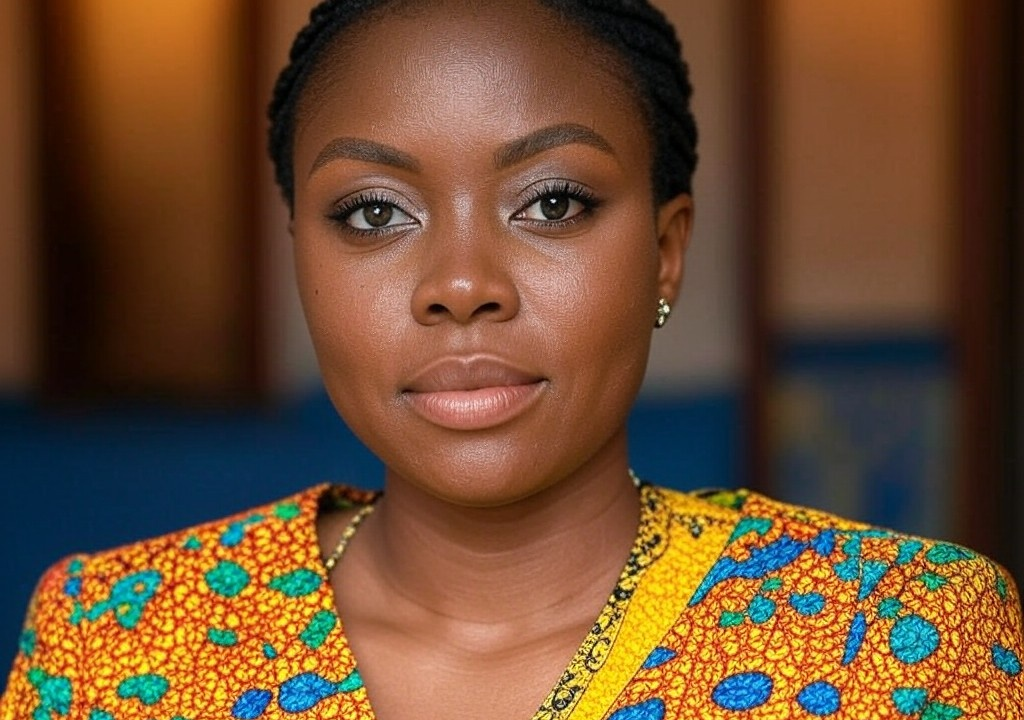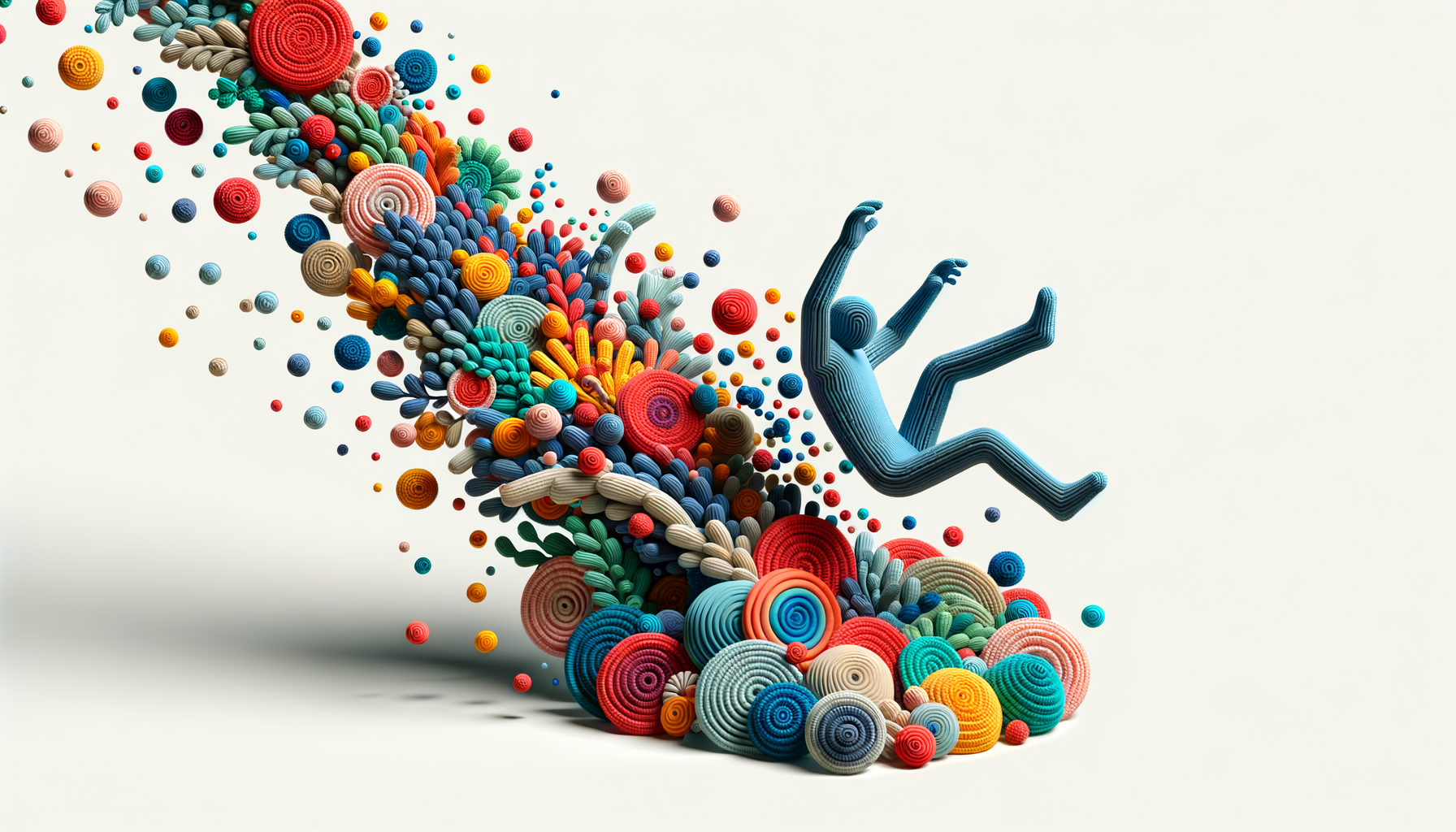How I Flunked Forward: The Day My “Perfect Plan” Burned to Ash
The Detour That Wasn’t On My Map
Failure has a way of arriving uninvited, like a surprise thunderstorm on the one day you forgot to pack an umbrella. For me, that storm came in my second year of university when I decided to run for the presidency of the Sociology Students’ Association. Now, anyone who knows me knows I am a “planner.” I’m talking color-coded notebooks, detailed Google Docs, and To-Do lists stuck on every surface (my roommates can attest to this). At 19, I was convinced that a perfect plan meant a guaranteed win. Spoiler alert: life had other plans.
I campaigned like a Nollywood heroine chasing destiny—passionately, dramatically, and with a flair for the theatrical. I consulted professors, attended endless meetings, and plastered the University of Lagos with posters bearing my face and the tagline: “Harriet Ojo: For A Stronger Community” (cheesy, yes, but come on—this was pre-Instagram filters). I roped in every cousin, classmate, and even one poor friend’s younger sibling to help me distribute flyers. By mid-semester, I was certain of a victory.
Then came Election Day. I lost. Not “barely lost.” Not “it-was-so-close lost.” No, I was absolutely, knock-the-breath-out-of-you crushed—348 votes to 117. It wasn’t just a loss. It was a public, oh-so-painful rejection.
Lessons from Rock Bottom (With a Side of Fried Rice)
Let me tell you something about failure: it stings. And in the moment, you’ll want to bury yourself in a mountain of fried rice and drown in cheap soda because even heartbreak soundtracks lose their charm after the third loop. That night, I sat in my dorm room, completely gutted, replaying every mistake I’d made as if I could will myself back to a do-over.
But here’s where things started to shift—and it didn’t happen with some grand epiphany. It started small. I realized two things.
-
I wasn’t as collaborative as I thought.
Sure, I’d consulted professors and friends, but deep down, I wanted it my way. I bulldozed over suggestions that didn’t align with my vision instead of listening. People don’t sign up to follow someone who feels like a one-person WhatsApp group. -
Your best isn’t always the best—but that doesn’t make it useless.
I had convinced myself that winning was the only definition of success. Losing felt like erasure, like all my efforts had been rendered pointless. But instead of scrubbing my name off the electoral campaign board in shame, I chose to reflect on what the loss offered. Spoiler: it offered growth.
Failing to Fly is Still Learning to Walk
Losing that election kick-started one of the most uncomfortably transformative periods of my life. But let me break it down because nobody talks enough about the awkward middle. The truth is, when you fall flat on your face, you don’t bounce up like a rubber ball. First, you just lie there. Then—eventually—you wipe the dust off, and you crawl.
Here’s how I crawled through failure and found my footing again:
- Talk About It (Like, Really Talk)
In Nigerian culture (much like anywhere else), failure isn’t something people display. You don’t take selfies with it or add it to your Instagram captions. But avoiding it only makes the shame fester. I started by sharing my loss with my peers—not in a “feel-bad-for-me” way but in a “What can I learn?” way. Turns out, the person who won approached the campaign differently: his strategy focused on active team building, which I’d underestimated in my hyper-focus on independence.
I learned that vulnerability bonds people. When I owned my flaws, I started forming real connections. Relationships became my secret weapon.
-
Recalibrate Your Compass
Okay, imagine trying to use Google Maps but ignoring every recalculated route. That was me (emotionally, not literally—I would NEVER ignore Maps). I was stubbornly clinging to my idea of “success” while the universe kept nudging me to reevaluate where I was heading. Once I dropped the idea of becoming president and focused on building meaningful contributions in smaller spheres—mentoring other students, designing projects focused on mental health awareness—I found, ironically, even more influence than I imagined a presidency could bring. -
Find the Funny Side
Humor transforms pain. Example? About a week after the loss, I joked with a friend that my campaign posters were probably lining gutters somewhere in Lagos. That visual was enough to spark a round of laughter that shook me out of wallowing, even if just for a moment. Now, I keep a folder in my brain labeled: “Stuff to laugh at once the storm passes.”
Failure as Fertilizer
If I’ve learned anything in my journey from Abuja to Lagos, London, and beyond, it’s that the soil of failure often grows the best crops. Remember, it was not getting my way that got me here in the first place—writing to share stories shaped by compassion, community, and a healthy dose of hindsight. That failed campaign opened doors I hadn’t even considered.
Today, I look back and see that version of myself—young, naive, and wildly ambitious—with fondness. That loss didn’t end me; it refined me. I’ve stopped viewing failure as an enemy and started treating it more like a stern-but-loving auntie who teaches tough lessons at the Christmas table. Sure, it’s embarrassing in the moment, but trust me—it sticks with you in all the best ways.
Your Turn: Crisis or Catalyst?
The next time you stare down failure, don’t ask why it happened. Ask what it’s trying to teach you. It might sting right now. It might taste like salt on a wound. But eventually, failure can become a friend—a terrible-tasting but ultimately transformative jollof rice you never ordered but needed to eat anyway.
So, fall hard. Lose big. And when you do, know that you’re in excellent company. Every detour has brought me closer to home—and I’ve learned that “home” isn’t a destination. It’s self-resilience, with a side of humor, served fresh.




















